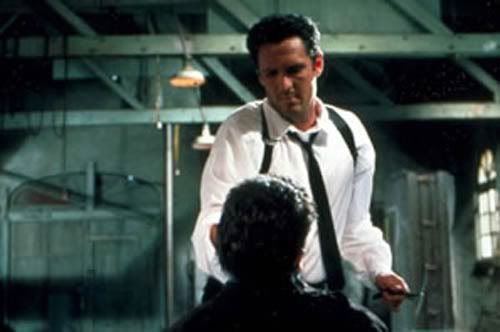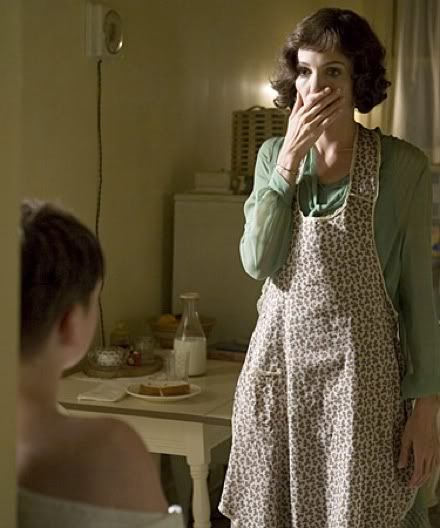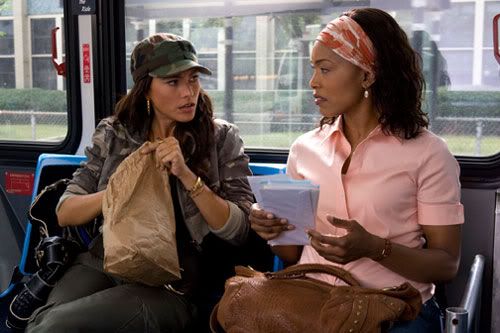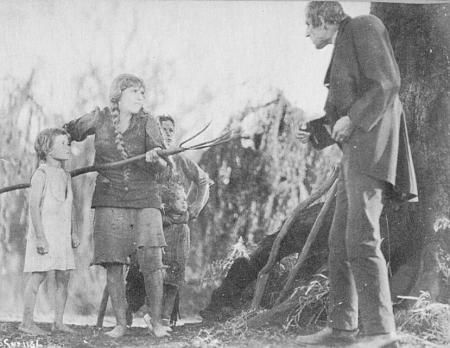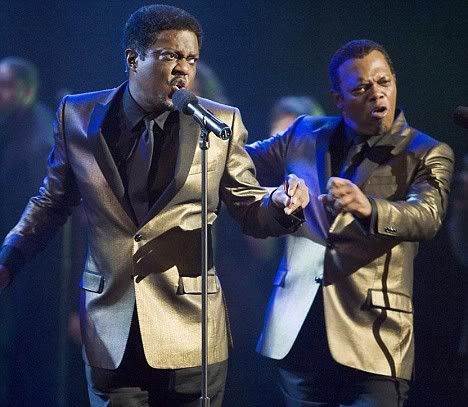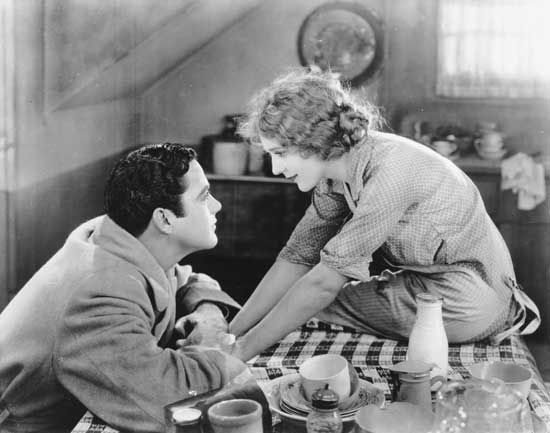directed by Lewis Gilbert
written by Christopher Wood, Richard Maibaum
based on the novel by Ian Fleming
starring Roger Moore, Barbara Bach, Curd Jurgens, Richard Kiel, Caroline Munro, Bernard Lee, Lois Maxwell, Desmond Llewelyn, Geoffrey Keen, Walter Gotell

This Bond features a surly Russian super spy, the irrepressible Jaws, and some lovely underwater photography as it languidly unfolds its story about denying a madman the opportunity to gage a full-on nuclear war.
In this one Bond is sent to determine who is stealing UK and Russian subs with the intent on using the nuclear missiles housed within to wreak absolute havoc on the world. He encounters the cold and indifferent Major Anya Amasova (Bach), the Soviet Army hottie who is his equivalent on the Russian side and it takes them a while to see eye-to-eye. Eventually they do manage to get gooey eyed and the film takes a decided down turn as it was working quite well before Amasova finally capitulates and gives in to the hungry, almost ludicrously shallow lusts of James Bond.
The man behind the prospective assault on both Moscow and New York City is named Karl Stromberg (Jurgens) and he’s created quite a thrilling set up as he makes every effort to make good on his plans. He moves rather laxly, without any sense of urgency, because he’s got the plan for forcing man underwater where he will live in his gorgeous pad fashioned specifically to survive such a catastrophe. Stromberg is a cold hearted snake of a man who dumps a lovely female assistant to the sharks below because he’s convinced she’s turned on him. His plans for world annihilation are grand and total.
There isn’t really much sex in this one as Bond and Amasova prove to not be particularly charismatically compatible. They are an exceedingly odd pair of ducks and there scenes together seem rather forced. This might have something to do with Barbara Bach’s dodgy accent which makes her sound utterly lifeless an spiritless. Indeed, she almost sounds like a machine that somebody has programmed to handle her lines and Roger Moore does not seem to know how to combat it. The result is a rather drab affair at times and the only thing keeping the whole thing afloat are the appearances of Jaws which add a slight tremor of fear. Jaws is a fantastic character and he’s played to perfection by Richard Kiel. He doesn’t speak but if he gets close enough up to you he’s going to use those metal teeth to shred your neck. That’s what I want in my henchmen: someone who can literally kill a man or a woman with his bare hands (or teeth) and look so distinguished while doing it.
Maintaining the slight balance of order throughout the world is a top priority of all the major powers in this film. Subsequently, the Russians and English come together to defeat what proves to be a bigger threat to them than they are to each other. The prospect of total world chaos trumps the very real Cold War dynamic that has stalled talks between the two nations for decades. Their uniting is a giddy thing and takes the film into a heady realm beyond the timid machinations of rudimentary politics. Bond and Amasova represent the necessary commingling of two astute enemies literally jumping into bed with one another for a larger, more pressing cause.
The threat of world destruction is a divine threat that pushes the keepers of stasis into direct action. Man has created the tools of this destruction and in this film those tools have fallen into the hands of one man who would take them to their logical conclusion. The character of Stromberg is in the guise of every petty dictator with an eye for personal glory and hubristic gain. His aim is direct and pure in its logical insistence to obliterate the planet in a most dramatic deflowering of heated contempt for the will of life. Stromberg is a death agent of the most scintillating kind. He seeks his pleasures in mayhem and murder and like Dr. No and Blofield before him he seeks power through obliteration of everything the material world holds sacred. Yet he is a student of the sea and merely wants to experience it on his terms, whenever and however he so chooses. Of course he insists on being a tyrant and so one would imagine him using his superior knowledge to dominate in any way possible.
Like “On Her Majesty’s Secret Service”, this film has Bond impersonate various experts in order to ingratiate himself with his grand foil. It shows more of Bond’s impressive range of knowledge which is perhaps the most salient aspect of his personality. He is a learned man who just happens to possess a force of carnal intensity that women flock to like flies on rancid meat. In this film he impresses Stromberg by recognizing a curious, rare creature floating by in a massive tank. It’s yet another example of how Bond’s seemingly infinite scope of knowledge puts the enemy at ease and helps him further his investigation. It’s ultimately his greatest weapon and far outweighs the efficacy of the gadgets which merely purchase him a bit of time.
This film lacks a sense of urgency early on but it picks it up during the final sequences. At one point the film seems to develop into something more mysterious that it maintains throughout. The closer it gets to the climax, the more dangerous it becomes and this is played up by the character of Stromberg who becomes suddenly a lethal force of potentially great and terrible schemes that can actually destroy two major cities and beyond with a couple of simple detonations. He’s a legitimate arch-fiend with a clear vision and a dynamic plan to actualize it. He’s another of the calm, cool and stylish enemies who ingeniously seek out their pleasures in the facilitation of chaos on a grand scale. They want more out of life and are willing to go to great lengths to get it which in the end is impressive in and of itself.
The performances in this film are adequate for the story. Richard Kiel plays a classic strongman in this installment of the series. Jaws is massive, relentless and in the end rather charming if only one can get past the fact that he’s basically a killing machine and he will kill you if you give him the slightest chance. Other than that, he’s lovable and infectious. As mentioned Barbara Bach seems to be speaking through a machine of some sorts that turn all her syllables into a monotone, flat version of speech that grates on the nerves after a few minutes. Roger Moore is good and tight in this one although he doesn’t do anything particularly noteworthy. He fills the shoes of the character and does what he’s supposed to do but in the end there just isn’t enough meat here. Curd Jurgens plays sinister quite effectively. He captures the ease of movement and deep calm of his character and comes off as rather creepy in the end.
Overall, this film manages to entertain for the most part but doesn’t move beyond that simple barometer. It comes off as cold and less engaging than some of the previous films in the series. Still, it has top notched villains who bring a distinct level of terror to the film which comes across well. The interaction between the two spies lacks intensity considering how they are supposed to represent two forces hypothetically at war. There truly isn’t much between them at all and it doesn’t work when they finally give in and go for a screw. Ultimately, the film plays like a Bond exercise instead of an actual film. Yet, it’s charming in its way and possesses a vital spark in places where Stromberg lays out his diabolical plans for world domination and Jaws comes around for one more shot at Bond. These are two interesting villains and are easily the most compelling aspects of the film. They give it a sense of purpose that it otherwise lacks.
